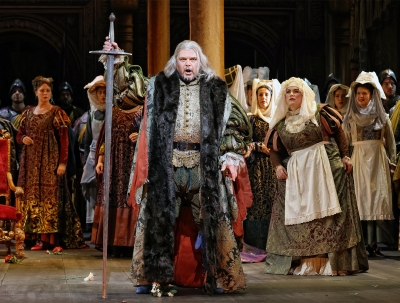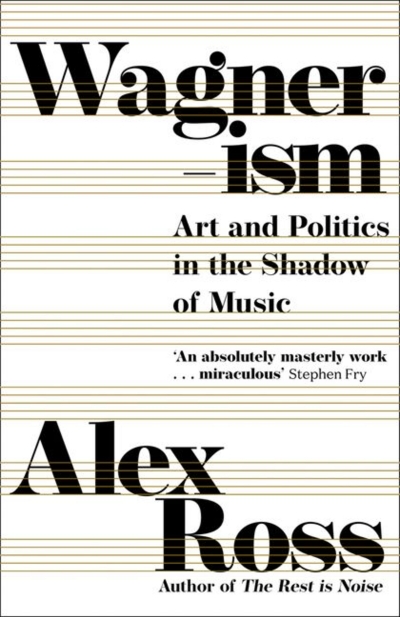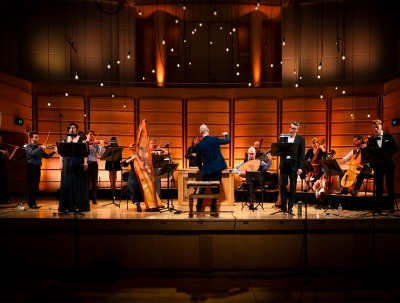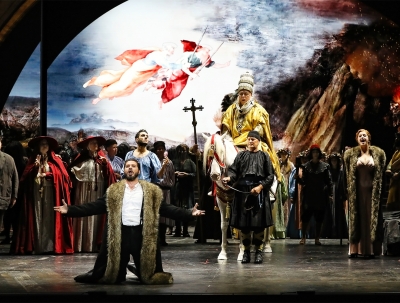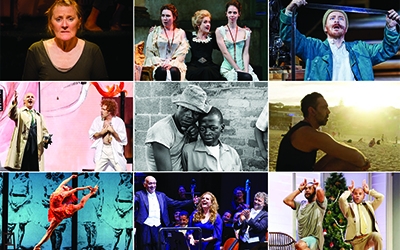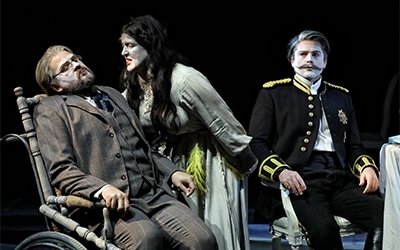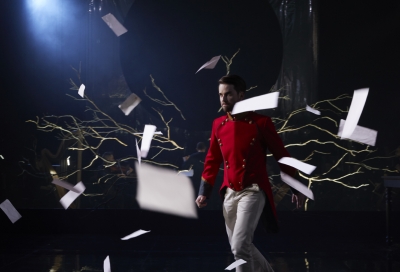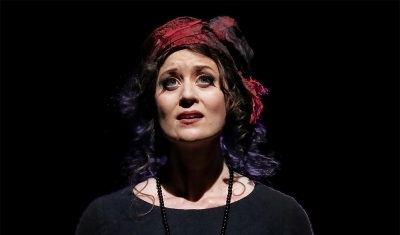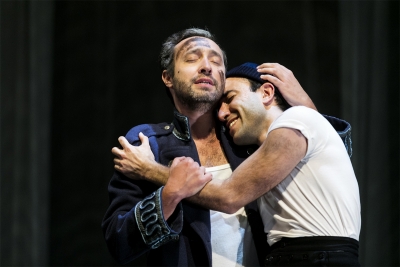Michael Halliwell
Sign up to Book of the Week and receive a new review to your inbox every Monday. Always free to read.
Recent:
Devotees of Giuseppe Verdi often suggest that the composer’s version of Shakespeare’s Othello is ‘greater’ than the original; a fruitless assertion, but indicative of the esteem in which Verdi’s penultimate opera is held. After Aida (1871), Verdi was enjoying the life of a gentleman farmer. Italian opera of the 1870s and 1880s, however, was facing something of a crisis, threatened by the relentless tide of ‘Wagnerism’, whose theories on opera were embraced by many Italians. Verdi, when asked about his own theory of theatre, drily replied: ‘My theory is that the theatre should be full’.
... (read more)George Bernard Shaw tartly suggested that ‘the chief glory of Victor Hugo as a stage poet was to have provided libretti for Verdi’. Hugo’s fifteen dramas are not well known in the English-speaking world and live on mainly through the many operatic reincarnations of the plays. Most prominent in popular culture, though, is the adaptation of Hugo’s novel Les Misérables, the blockbuster musical. The first successful operatic adaptation of a play was Gaetano Donizetti’s Lucrezia Borgia of 1833, which introduced a strong strain of realism into Italian opera. Undoubtedly the most successful of all the Hugo operas is Rigoletto (1851), Verdi’s version of Le roi s’amuse, still one of the most performed operas in the repertoire. Hugo later admitted that the opera was ‘better’ than the play.
... (read more)Wagnerism: Art and politics in the shadow of music by Alex Ross
Hooray, operatic activity in Sydney is back! Well, perhaps not quite, but performances by one of Australia’s most vibrant companies, Pinchgut Opera, occurred over the weekend. Worldwide operatic activity abruptly ceased in March when Covid-19 struck, and has only recently tentatively emerged from this enforced hibernation. Opera Australia is slated to reopen early in 2021, sooner than many other companies, while others such as the Vienna State Opera endured the frustration of resuming performances as the first wave of the pandemic subsided, only to be forced to close their doors as a second wave surged.
... (read more)The fearsome figure of Attila the Hun (406–53 CE) has always had a bad press, yet in Verdi’s opera of 1846 he emerges as the most sympathetic and nuanced character of a group of three other rather unlikeable, two-dimensional principals, all of whom plot his final demise. During the course of the opera, Attila emerges as a somewhat naïve, trusting character, and shows great respect for his avowed enemy, the Roman general Ezio. Yet it does not end happily for Attila, ultimately done in by the three of them; almost certainly not a historically accurate depiction.
... (read more)To celebrate the year’s memorable plays, films, television, music, operas, dance, and exhibitions, we invited a number of arts professionals and critics to nominate their favourites.
... (read more)A few years before he wrote his play The Ghost Sonata (1907), August Strindberg bitterly observed: ‘Life is so horribly ugly, we human beings so abysmally evil, that if a writer were to depict all that he had seen and heard no one could bear to read it ... Breeding and education seem only to mask the beast in us, and virtue is a disguise ...
... (read more)Oscar and Lucinda (Sydney Chamber Opera) ★★★★☆
Two new Australian operas within the space of a fortnight is by any measure unusual. They are also operas at both ends of the spectrum in terms of scale. Elena Katz-Chernin’s Whiteley utilised the full resources of the major opera company, Opera Australia, including a large chorus, while Elliot Gyger’s Oscar and Lucinda ...
... (read more)Unlike the many films about the lives of artists, operas in which visual artists feature are few, though two of the most popular in the repertoire, Puccini’s Tosca and La Bohème, both have painters as central characters. The lives of artists are often messy affairs and resist convenient shaping into narrative arcs, with the actual creative process difficult to dramatise effectively ...
... (read more)Some of the fascinating, indeed, frustrating aspects of the operas of Claudio Monteverdi include the lack of certainty in regard to both the authenticity of the various musical sources that have survived, and to exactly how these operas were performed, factors that influence performance choices made today ...
... (read more)


